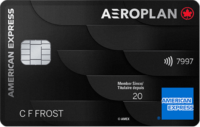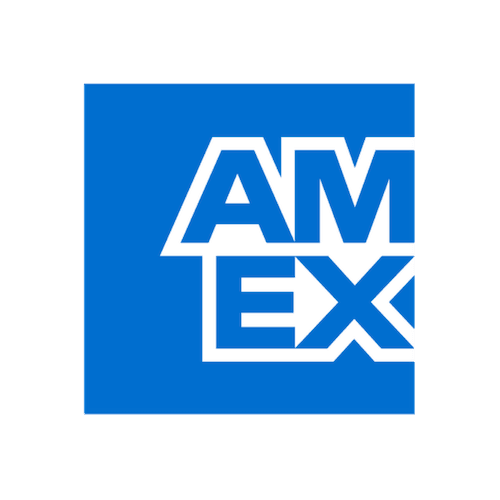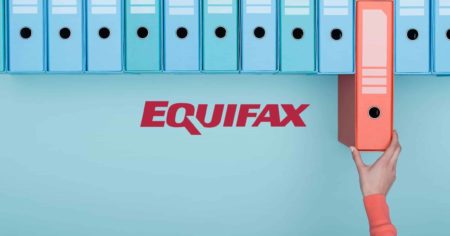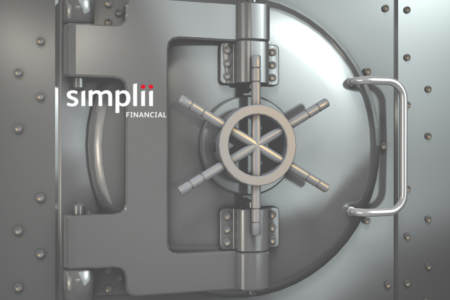There are a number of chequing account options in Canada. So, which one would be best for you? Here is an overview of the different types of chequing account options available. You’ll also find a list of the top Canadian chequing accounts with above-average interest rates.
What is the difference between a chequing account and a savings account?
A chequing account is designed to handle your daily transactions, such as purchases, monthly payments and direct deposits. A savings account is designed to hold your money for a long time. In general, it is a good idea to have both a checking and a savings account.
Types of chequing accounts
Here is an overview of the six main types of chequing accounts you will find in Canada. Each of these chequing accounts offers unique benefits to specific types of clients. Consider the benefits of each carefully before making your final decision.
1). Personal Chequing Account
If you are looking for a standard chequing account, you will choose a personal chequing account. Almost all banks and financial institutions offer personal chequing account options. Generally, these types of accounts have a monthly fee. These fees can range from $4 to $30, depending on the level of service provided.
2). No-Fee Chequing Account
Looking to avoid fees? You can also choose to open a no-fee chequing account. With a no-fee chequing account, you generally give up some of the features offered by personal chequing accounts. In addition, you will need to maintain a minimum balance to avoid paying a management fee. Neo-banks are an exception to these rules. Neobanks are banks that do not have physical branches. With its low overhead, a neobank can offer no-fee checking services, no minimum balance requirement, and many features.
3). Hybrid account
Due to the new types of financial institutions available in Canada, many hybrid chequing accounts offer unique features. For example, you can open a hybrid account that offers money management services as well as a prepaid chequing account card. If you don’t want to use paper cheques, you should consider a hybrid account.
4). Student Chequing Account
Students looking to save on checking account fees will want to look into student checking accounts. These checking accounts tend to have lower fees and lower minimum account balances. In general, student checking accounts are available to individuals between the ages of 18 and 25.
5). Youth Chequing Account
An account holder may open a youth checking account with a parent or guardian as a co-signer for individuals under the age of majority. These accounts typically have lower fees and often come with unique benefits.
6). US Dollar Chequing Account
U.S. dollar checking accounts are available for those who conduct many transactions across the U.S. border. With these types of checking accounts, you can withdraw your money in U.S. dollars. In addition, you can easily pay your transactions in US dollars and avoid exchange fees.
7). High Interest Chequing Account
Currently, interest rates are at an all-time low. As a result, you earn almost nothing with your money. However, some chequing accounts offer a high interest rate on your money. As a general rule, it is best to go with online-only banks – also known as neo-banks – which can offer a high interest rate due to their low overhead.
Finding the right chequing account for you
Now that you know the range of Canadian chequing account options available, you may be wondering which option is right for you. Here are some questions you should ask yourself before making your final decision.
How often do you use your chequing account?
If you don’t use your chequing account very often, you may want to consider a no-fee chequing account to save you some money. If you use your checking account often, consider switching from a personal checking account to a hybrid checking account.
What is your average daily balance?
If your average checking account balance is low, you’ll want to make sure you have an account that won’t charge you a management fee. If your account balance is high, you may want to consider a no-fee checking account.
Do you travel a lot?
Do you plan to move across the country in the next two years? In this case, you may want to consider a neobank that offers a hybrid checking account. With a hybrid account with a neobank, you don’t have to worry about finding the nearest branch in a given area of Canada. All your services will be available online.
Do you need access to US dollars?
If you travel to the U.S. often, you’ll want to consider the convenience of a U.S. dollar chequing account. Or a credit card with no foreign transaction fees.
Is high interest significant to your chequing account?
Looking to get more money out of your chequing account balance? You can then turn to high-interest chequing accounts. With high interest chequing accounts, you must generally maintain a high balance to qualify.
Do you want cash rewards in your chequing account?
If you want to earn discounts with your chequing account, you should carefully review the features offered by the different chequing accounts. Some banks offer special accounts with discounts on certain purchases.
The best chequing accounts in Canada
Looking for the best chequing accounts in Canada? Here’s a look at the best checking accounts in the country:
Finding the right chequing account in Canada
Be sure to carefully consider all the features you are looking for in a checking account. Don’t hesitate to consider neobank accounts (such as EQ Bank), which can offer a higher interest rate. The right chequing account can make it easy to manage your payments and your money.








